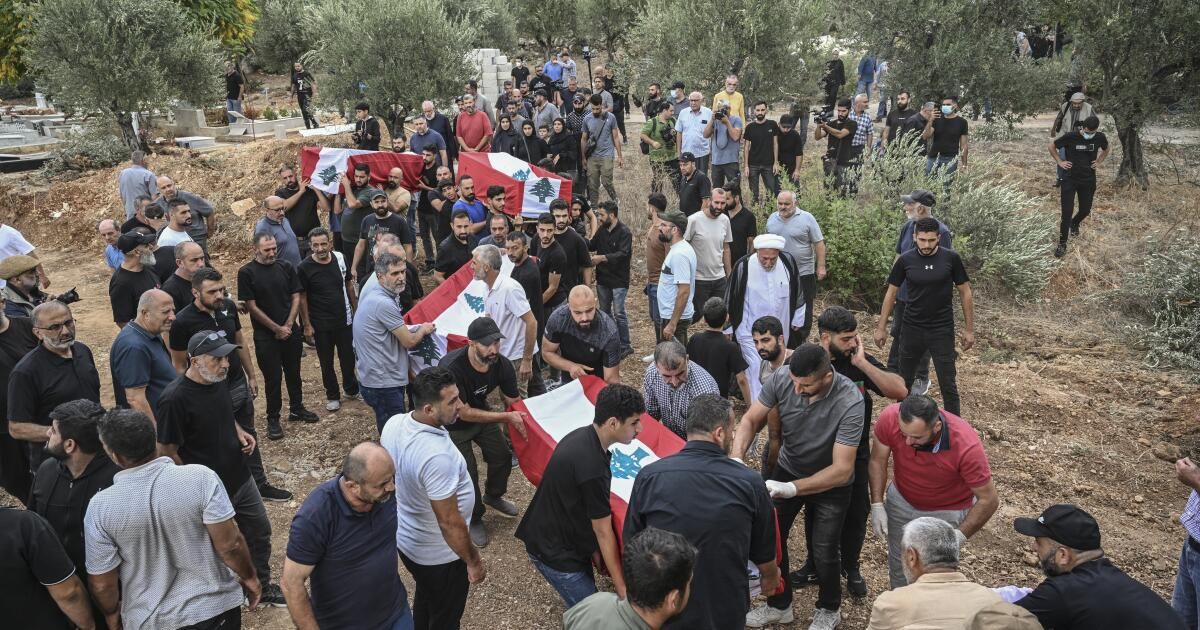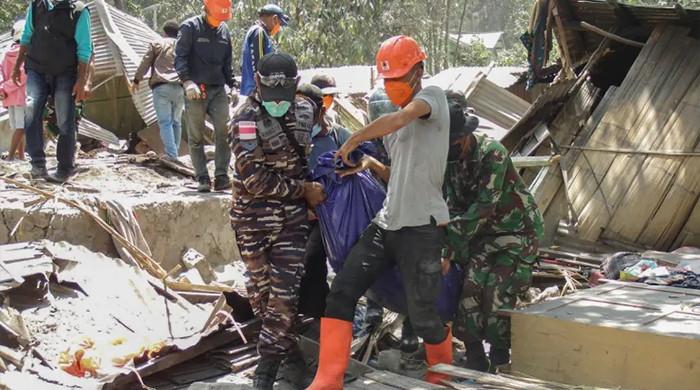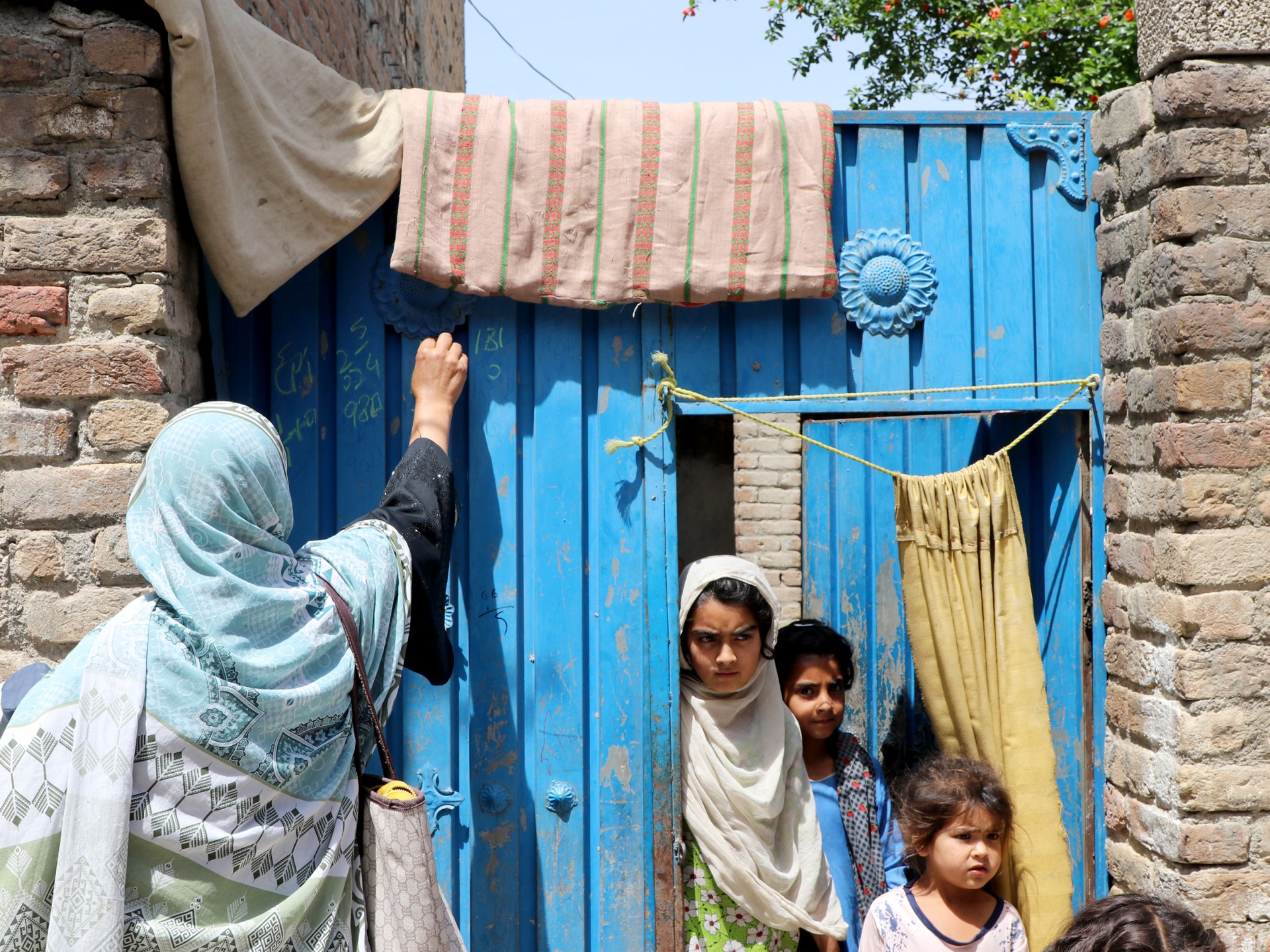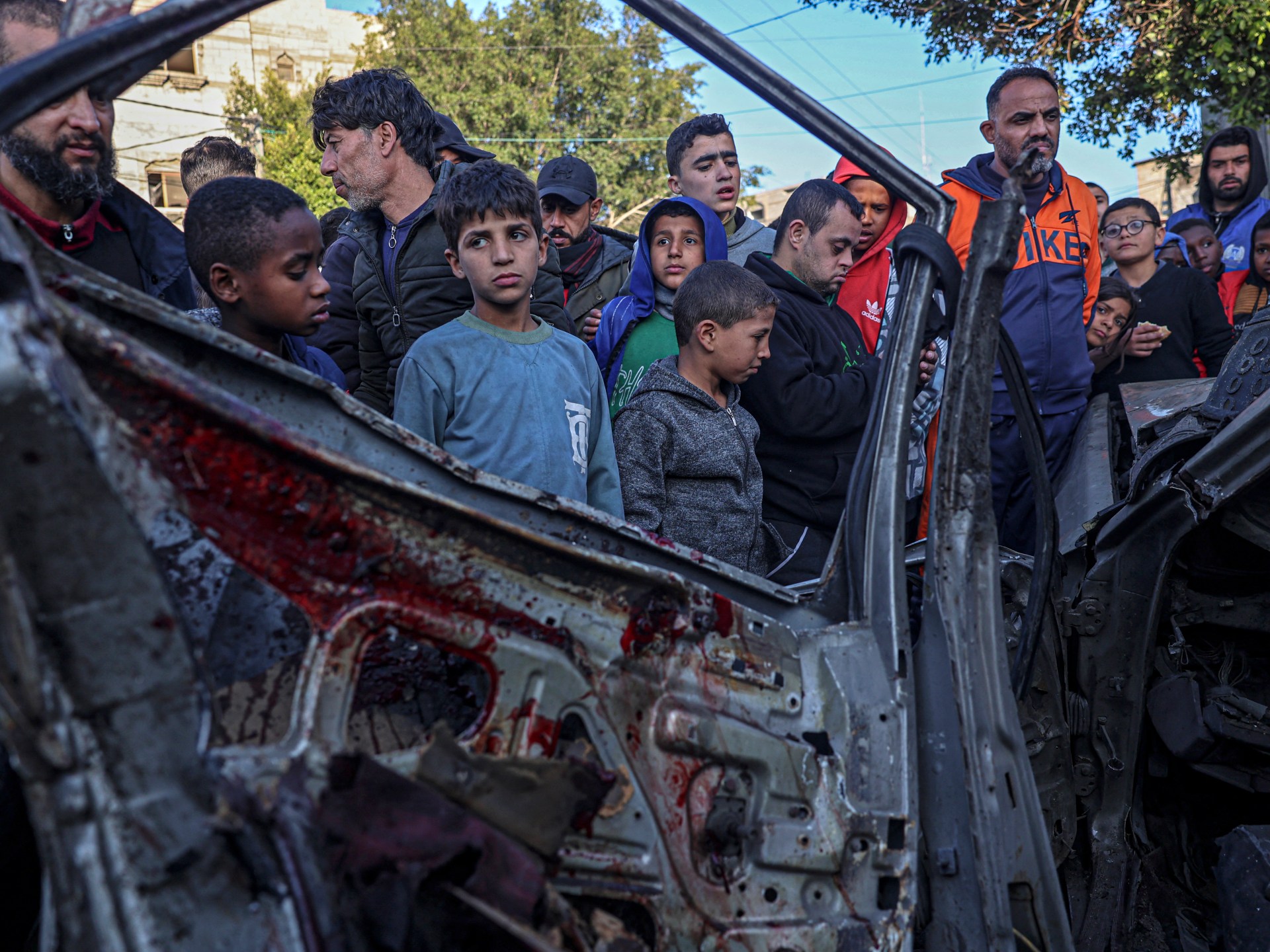Elie Alwan didn't hesitate when he learned that a friend's family was living on the streets after fleeing southern Lebanon amid Israeli bombing. He moved the family (Shiites from the village of Aitaroun) to their home in Aitou, a hillside village in the Christian heartland of the country's north.
He went to stay at a nearby relative's house, certain that, with the Israeli border nearly 100 miles away, he and the Shiite family he was protecting were safe from the fighting between Israel and the Lebanese Shiite militant group Hezbollah. .
I was wrong. This week, an Israeli missile tore through his house, killing all 23 people inside, including more than a dozen women and two children.
The attack, one of the deepest in Lebanon since this month's Israeli invasion, has sparked feelings of fear among residents of Aitou and other Christian villages in the north. Having welcomed displaced Shiites, many people now fear inadvertently harboring anyone who may have a connection to Hezbollah.
As the scope of Israel's attack expands to areas far from Hezbollah strongholds, fears are also growing that it could exacerbate long-standing sectarian tensions in Lebanon, those that from 1975 to 1990 entangled the country and its 18 religious sects in a brutal civil war.
About five minutes before the attack, Alwan said, a man arrived at the house with cash aid that he was distributing to displaced families in the area. Alwan said he understood the man was a journalist for a Hezbollah-affiliated media outlet; others believed he could have been an official of the group. In any case, they saw him driving through other villages in the area before arriving in Aitou, checking on the displaced people.
“I've known the family for 15 years,” Alwan said, her eyes filling with tears as she walked through the rubble of her home, walking through pools of blood, children's books and tattered clothes. “These people had nothing to do with Hezbollah; their relatives told me they had no connection with the guy who came to see them.”
His eyes stopped at the place where his house was located. He had spent seven years building it little by little whenever he managed to save some money.
An emergency worker kneels on an empty body bag as he searches for remains among the ruins of a house destroyed in an Israeli airstrike in Aitou, Lebanon.
(Carl Court/Getty Images)
“It's like losing a part of yourself,” he said.
Nearby, Lebanese Army soldiers surrounded a Chevy Silverado where the body of a baby had been discovered, face down in the back seat, a day after the explosion sent debris and body parts flying in a wide arc. “The mother is the hospital. “She is still alive,” one of the soldiers said. She was one of six survivors injured outside the attacked home, authorities said.
After the strike, Aitou residents were “terrified of the displaced,” said Raymond Alwan, a mukhtar or village notable and a distant relative of Elie. He said two Shiite families had been asked to leave the area, while many others left on their own.
“You feel heartless in evicting them, but at the same time people are afraid: the displaced may be in the same house, in the same building, in the same neighborhood,” he said, adding that the municipality was working with the services to screen new arrivals and ensure they have no ties to Hezbollah. Meanwhile, he told the villagers to stay calm.
“Not everyone is connected to what's happening,” he said. “But you can't blame people here for being afraid for their lives.”
Raheel Dandash, 32, had moved to Aitou with her husband and seven other relatives from a Shiite-majority area in the Bekaa Valley just weeks ago, after Israel intensified its offensive with thousands of airstrikes.
“We didn't expect anything to happen here,” he said. “We came to this town because it is safe.”
He was peeling potatoes in the kitchen when the nearby Israeli missile strike sent glass flying across the room.
Now he will have to move his family once again. She's not sure where they can go, but they won't search Aitou; I wasn't sure they would be welcome.
“Israel is making people afraid of us Shiites,” he said. “They have attacked this place to provoke fitnah. [strife] between us and Christians.”
The family who was murdered had been generous to her, she said, treating her to lunch and helping her find cheaper food. “These people were civilians, they had nothing to do with this war.”
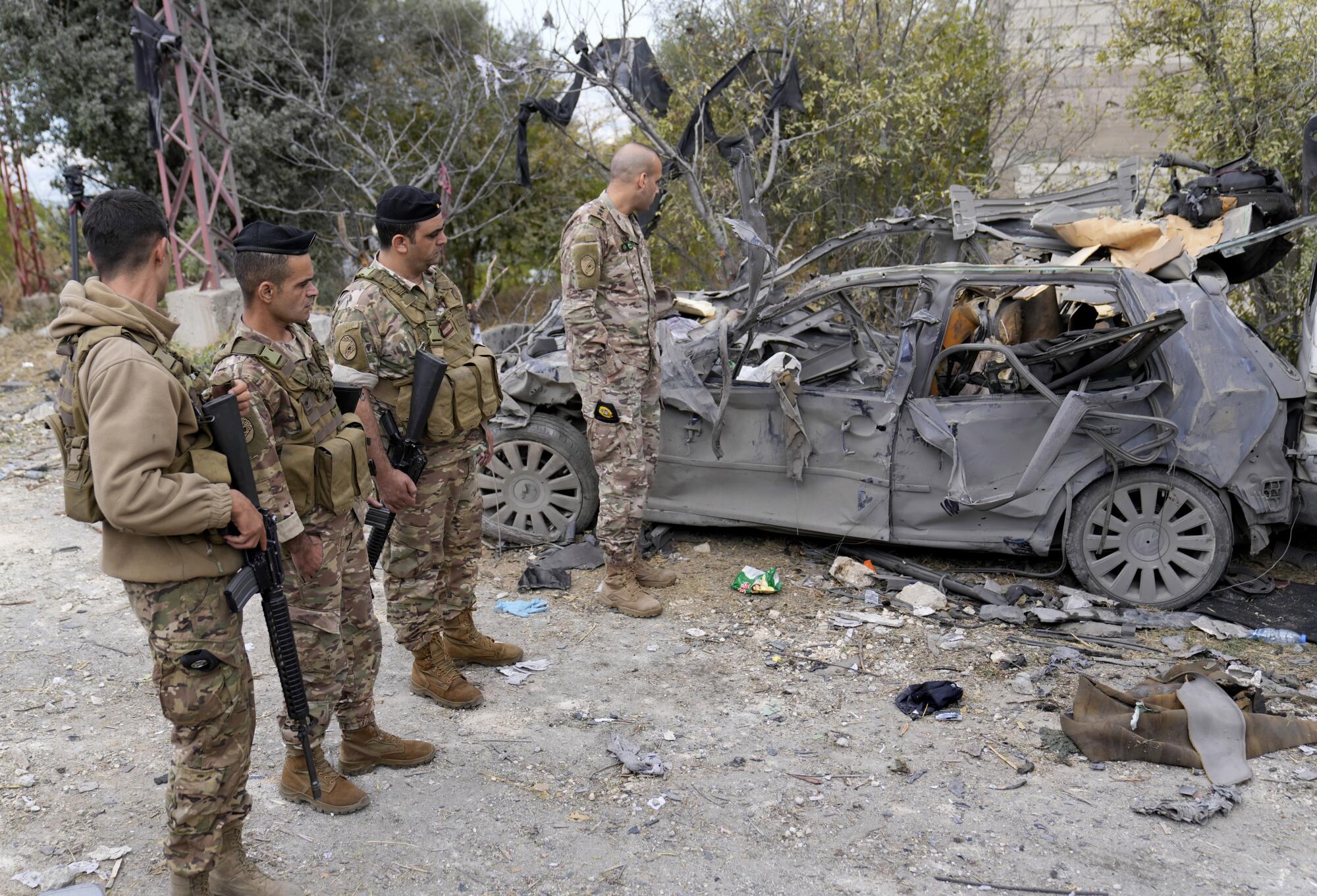
Lebanese army soldiers stand near a destroyed car at the site of the Israeli airstrike in Aitou.
(Hussein Malla / Associated Press)
The Israeli military, in response to detailed questions about the attack from The Times, said it “hit a target belonging to the terrorist organization Hezbollah in northern Lebanon,” but gave no further details. He said that “the claim that Lebanese civilians were killed as a result of the attack is under review.” The United Nations human rights office has called for an independent investigation.
In statements and press interviews, Israeli officials have said their goal is to degrade Hezbollah and return to northern Israel residents who fled amid Hezbollah missile and rocket attacks, which began a day after Palestinian militants from Hamas will attack southern Israel on October 7, 2023. Hezbollah said it sought to help Hamas and force Israel to fight on two fronts.
Some 60,000 people from northern Israel and 90,000 from southern Lebanon were displaced during a year of retaliatory border attacks. Since Israel expanded its air campaign in September, more than 1,500 people have been killed and more than 1.2 million people displaced (nearly a quarter of the Lebanese population), most of them Shiites from southern Lebanon. the Bekaa Valley and the Hezbollah-dominated group. Suburbs of Beirut known as Dahiya.
The Israeli army's subsequent evacuation orders extend to the center of the country, making more than a third of Lebanon almost inaccessible and turning once-bustling cities into ghost towns.
Nadim Houry, director of the Arab Reform Initiative think tank, said the Israeli attack in the north – an area dominated by Muslim and Sunni Christian parties, including those against Hezbollah – shows there are no geographical limits to where Israel could bomb “independently.” of how tenuous the connection with Hezbollah may be.”
Israeli officials say their war is not against the Lebanese but against Hezbollah. In a televised speech last week, Israeli Prime Minister Benjamin Netanyahu urged the Lebanese to take advantage of Hezbollah's weakness and “take back” their country, or fall “into the abyss of a long war that will lead to destruction and destruction.” suffering like we see in Gaza.” .”
For Lebanese, talk of encouraging one group to rise up against another evokes memories of the civil war, when Lebanon's religious sects became embroiled in an internal and hugely destructive conflict that killed more than 150,000 people and made Beirut synonymous with tragedy. The conflict drew in the United States, Syria and Israel, which occupied parts of Lebanon for almost 18 years. Hezbollah, which formed in response to Israel's invasion, played a major role in Israel's withdrawal in 2000.
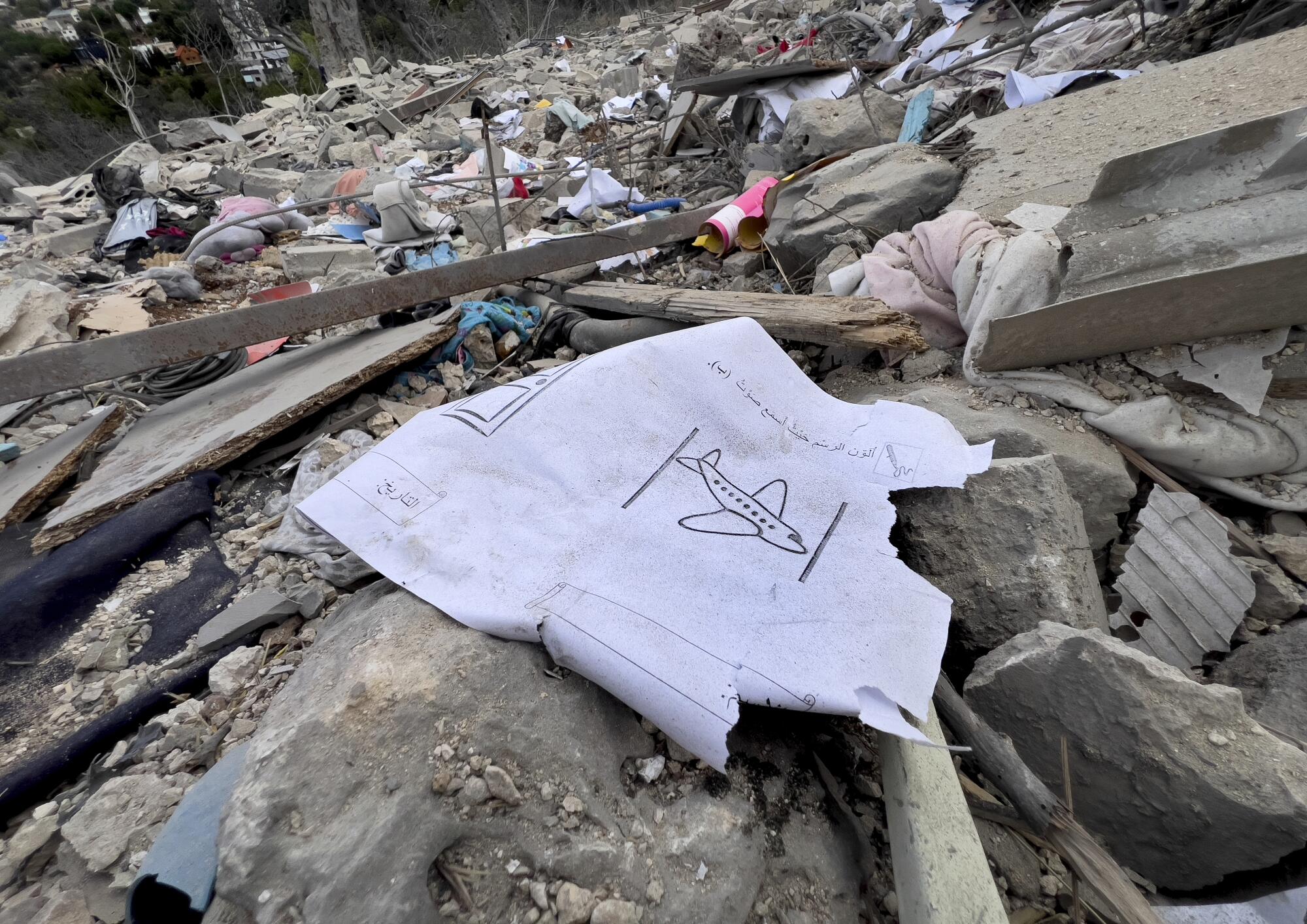
A drawing lies among the rubble of a destroyed house in the predominantly Christian village of Aitou, northern Lebanon.
(Hussein Malla / Associated Press)
Although the war ended more than three decades ago, the country remains in many ways stuck in the politics of the past, with warlords-turned-political bosses ruling to this day and garnering support from their respective sects.
Peter Harling, founder of the Beirut-based think tank Synaps Lab, suggested that Israel sees sectarian tensions as a way to get Lebanese outside Hezbollah's traditional communities on its side.
“Israel wants to believe that it still enjoys some support within Lebanese society,” he said. However, he added, “his actions are in fact generating intense rejection across the board.” He noted that despite the level of displacement and the relocation of most of the displaced to Christian and Sunni Muslim areas, “there has been remarkably little violence.”
“In Lebanon, the fear of a hint of a return to civil war is proof against civil conflict,” he said.
Father Estephan Frangieh, who runs the hospital in the city of Zgharta, where the wounded from Aitou were taken, feared the divisions would worsen. And he worries that that is exactly the message Israel intends to send.
“They are telling Christians: 'Do not accept Shiites into your home.' But these people don't come from the moon; “They are Lebanese,” he said.
He suggested the attack was done to maximize fear: “They could have hit that [aid distributor’s] car anywhere on the road. Why do it here? “It’s because they want to scare people.”
Frangieh added that even if a Hezbollah member arrived at the house, that did not justify killing another 22 civilians. “Is it legal or moral to bomb a place with children? “There are rules in war,” he said. “I say this as a priest. How can you accept this?
Elie Alwan, the owner of the bombed house, knows that what happened in Aitou will affect displaced Shiites elsewhere. But he also asked displaced people to be more careful in their host communities.
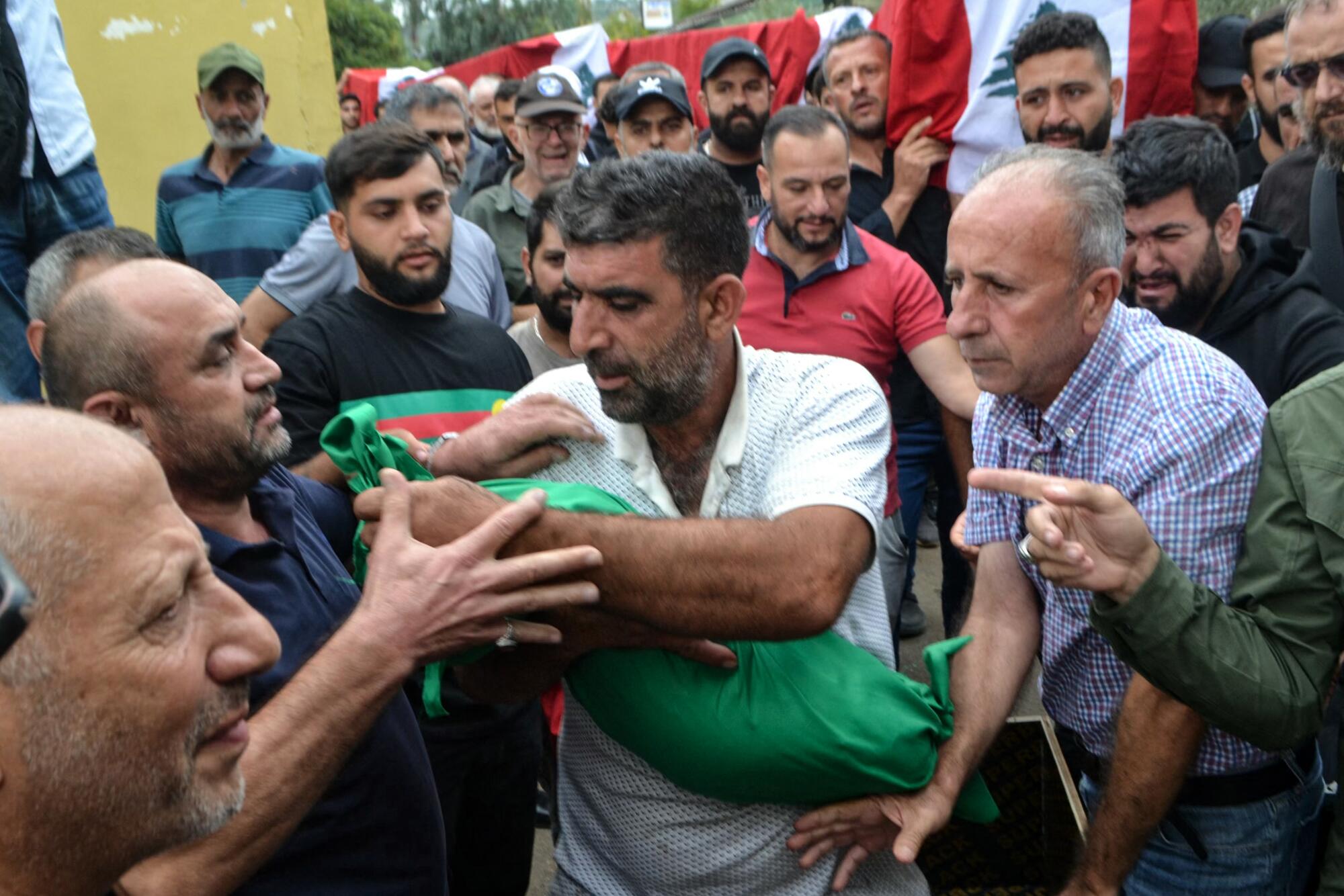
A man carries the wrapped body of a child who, along with others killed in an Israeli attack on the village of Aitou, is being temporarily buried in nearby Bahbouch.
(Fathi Al Masri/Getty Images)
“I ask those who live in people's houses and the people who want to come visit them or help them, not to put them in danger, as happened to me,” he said. “Whoever wants to help does so indirectly. “Don’t destroy people’s homes.”
Moments later, Red Cross workers arrived and searched the scene for body parts they had not seen the day before. Above, a pair of Israeli fighter jets traced white lines in the sky.
A rescuer grabbed a small body bag and leaned toward the truck to pick up the baby's body. He came out with a small bundle and headed towards a waiting ambulance. The soldiers and neighbors watched him go down the hill until he was out of sight, all in silence.

